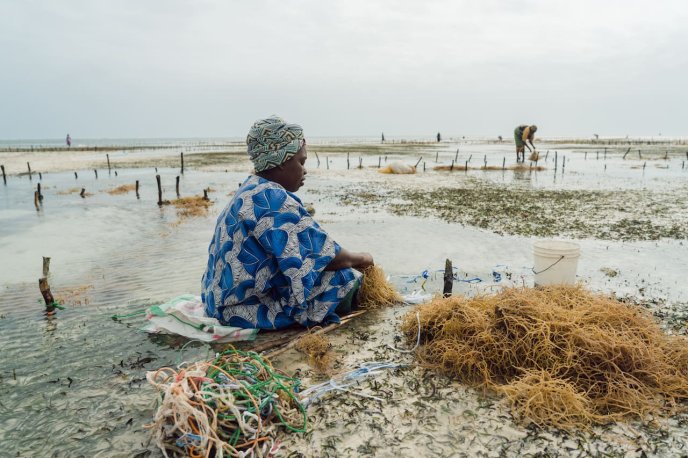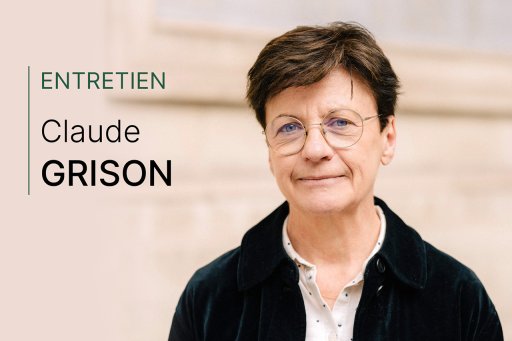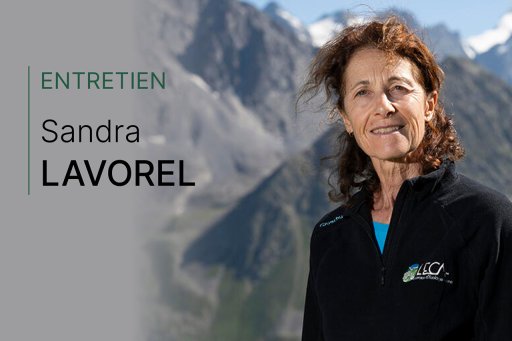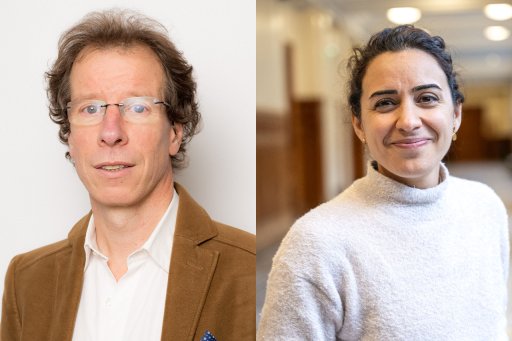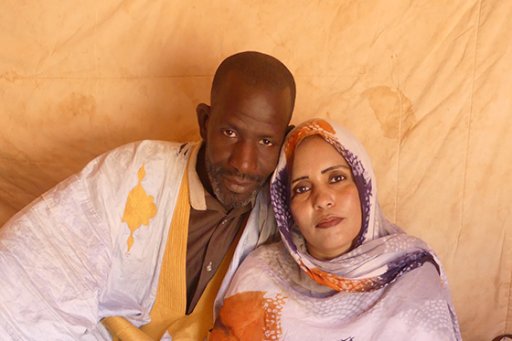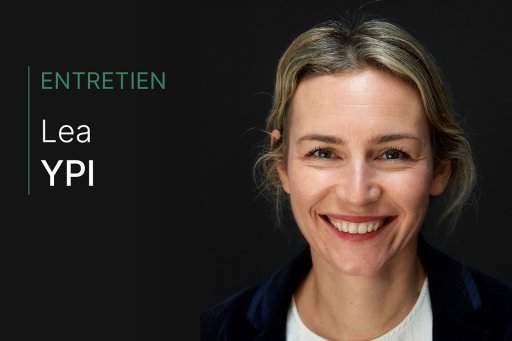Between the most affluent and the most precarious, between the countries of the North and those of the South, between the cities and the countryside... climate change acts as a powerful catalyst for inequality across the globe. The findings of national agencies and NGOs often follow a similar pattern. The regions that contribute least to the causes of climate change, i.e. those that emit the least greenhouse gases, are often the hardest hit by its consequences. These consequences include drought, extreme heat and flooding. A vicious circle even seems to be taking shape. Climate disruption tends to increase the vulnerability of the most vulnerable, making them ever more vulnerable to future disasters. In a report adopted in 2023, the French Economic, Social and Environmental Council (CESE) showed, for example, that while it is easier for women to adopt good ecological practices, they are generally more affected than men by extreme events. By way of illustration, 70% of those who died were women during the 2004 tsunami that struck the shores of the Indian Ocean.
These unequal situations raise the challenge of climate justice, a challenge to which new generations in particular are very sensitive. Aware of society's expectations, the Collège de France, through its Avenir Commun Durable and Campus de l'innovation pour les Lycées initiatives, is organizing a seminar entitled "Climates and Inequalities" on December 18, with students from Toulouse's Lycée Joséphine Baker. Professors Philipe Aghion and Katheline Schubert, along with Jean-François Delage, mayor of Kremlin-Bicêtre, and a representative of the associative world, will discuss this theme, with the aim of outlining the contours of a climate policy that ensures prosperity that is both greener and fairer. Several classes from high schools in the Paris region will be invited to attend the event and put their questions to the personalities present.
Practical information :
- Date : December 18, 2025
- Schedule: 2:00 pm to 4:30 pm
- Address: Collège de France, 11 place Mrcelin-Berthelot, 75005 Paris
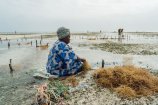
In Zanzibar, where communities are traditionally patriarchal, 90% of seaweed growers are women. Seaweed farming has brought about a significant change in gender relations, helping women to leave home and become financially independent. Researchers have discovered that algae can play an important role in combating climate change by absorbing carbon emissions and regenerating marine ecosystems. But in recent years, rising temperatures in the Indian Ocean have killed off the algae due to a bacterium that develops on them and causes them to die.

